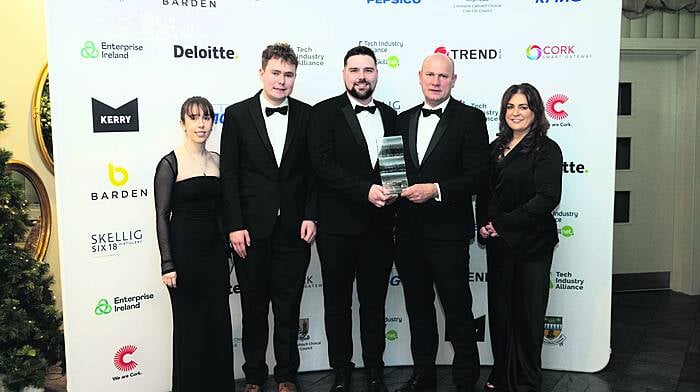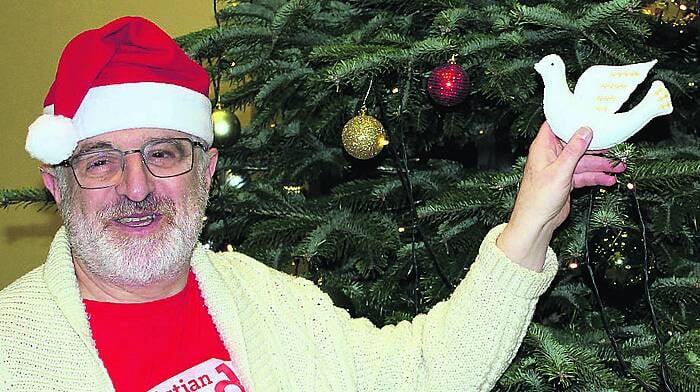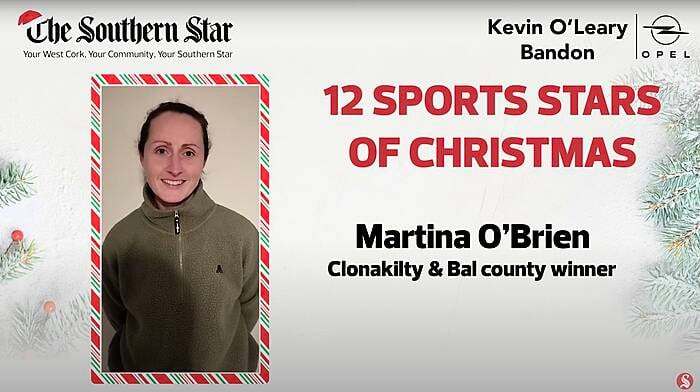Countries such as Ireland and France appear to have succeeded in getting sensitive products such as beef off the negotiating table with the Latin American trade bloc Mercosur amid reports that the Commission is poised to remove sensitive agricultural reports from its market access offer.
COUNTRIES such as Ireland and France appear to have succeeded in getting sensitive products such as beef off the negotiating table with the Latin American trade bloc Mercosur amid reports that the Commission is poised to remove sensitive agricultural reports from its market access offer.
A leaked draft of the proposed offer suggests the EU is willing to offer the bloc – that includes key beef-exporting giants Brazil and Argentina – an annual quota of 78,000 tonnes of beef, which would put the Irish sector in grave danger. Following a fiery debate between national delegations and Commission officials at a trade committee meeting on April 28, Directors-General of DG Trade and DG Agri said their respective Commissioners would reflect upon the wisdom of tabling sensitive farm products at this early stage in the talks.
Around fourteen delegates from Ireland, France, Austria, Greece, Hungary, Latvia, Romania and Poland slammed the timing of negotiations with the four South American countries – which coincide with a protracted crisis in the sector – the lack of an updated cumulative impact assessment (due to be published in September) and the Commission’s failure to draw up a negotiating strategy.
EU Commissioners Cecilia Malmström (Trade) and Phil Hogan (Agriculture) are understood to have held a meeting on April 29th to consider the grievances raised by delegations, while the Commission was expected to confirm its final decision at the Commission College on May 4th, just one week ahead of the highly-anticipated exchange of offers on May 11th.
At the end of April, the EU’s largest farm lobby group, Copa-Cogeca, urged the Commission ‘to leave negotiations on sensitive products until the very end of the process, instead of being duped into making unfair concessions and getting little in return.’
The new president of the Irish Farmers’ Association, Joe Healy, was appointed the new chairman of Copa-Cogeca’s food chain working party on April 29th, taking over from his predecessor Eddie Downey. The Galway dairy farmer pledged to restore balance in the food supply chain and ensure fair margins for producers.
Commenting after the unanimous vote in Brussels, the 49-year-old Athenry man said ‘farmers’ incomes across Europe are being constantly squeezed to unsustainable levels, as there is significant imbalance of power between the different actors in the food chain.’ The 15th President of the influential lobby organisation – still reeling from the fallout at the end of last year – said farmers were the ‘weakest link in this chain … quite often farm-gate prices do not even cover production costs.’
Healy called for legislation at EU level, combined with voluntary codes of practice, to ‘redress the balance and ensure fairness and transparency in the functioning of the food supply chain.’
More dairy aid
Alan Jagoe, president of European Council of Young Farmers (CEJA), called for new financial support for dairy producers who reduce their output in a bid to address over-supply on the market. In a letter sent to Farm Commissioner Phil Hogan on April 26th, the dairy, beef and arable farmer from just outside Carrigaline said more money was needed to fund the implementation of the so-called Article 222 – allowing producer organisations, inter-branch organisations and dairy cooperatives to establish voluntary agreements to manage supplies on the market. Without extra cash to address on-farm liquidity, the market measure ‘will be entirely ineffective,’ he stated.
Representing around two million young European farmers, the former Macra na Feirme president also said the Commission should organise a high-level conference to bring together all stakeholders ‘to discuss the modalities of the implementation of the measure but also the current and future challenges faced by those active in the sector.’
• Rose O’Donovan is editor of the Brussels-based publication AGRA FACTS and a regular contributor to the video platform www.vieuws.eu/food-agriculture








